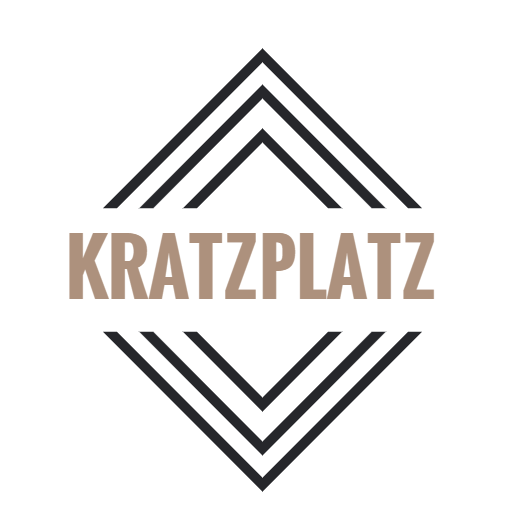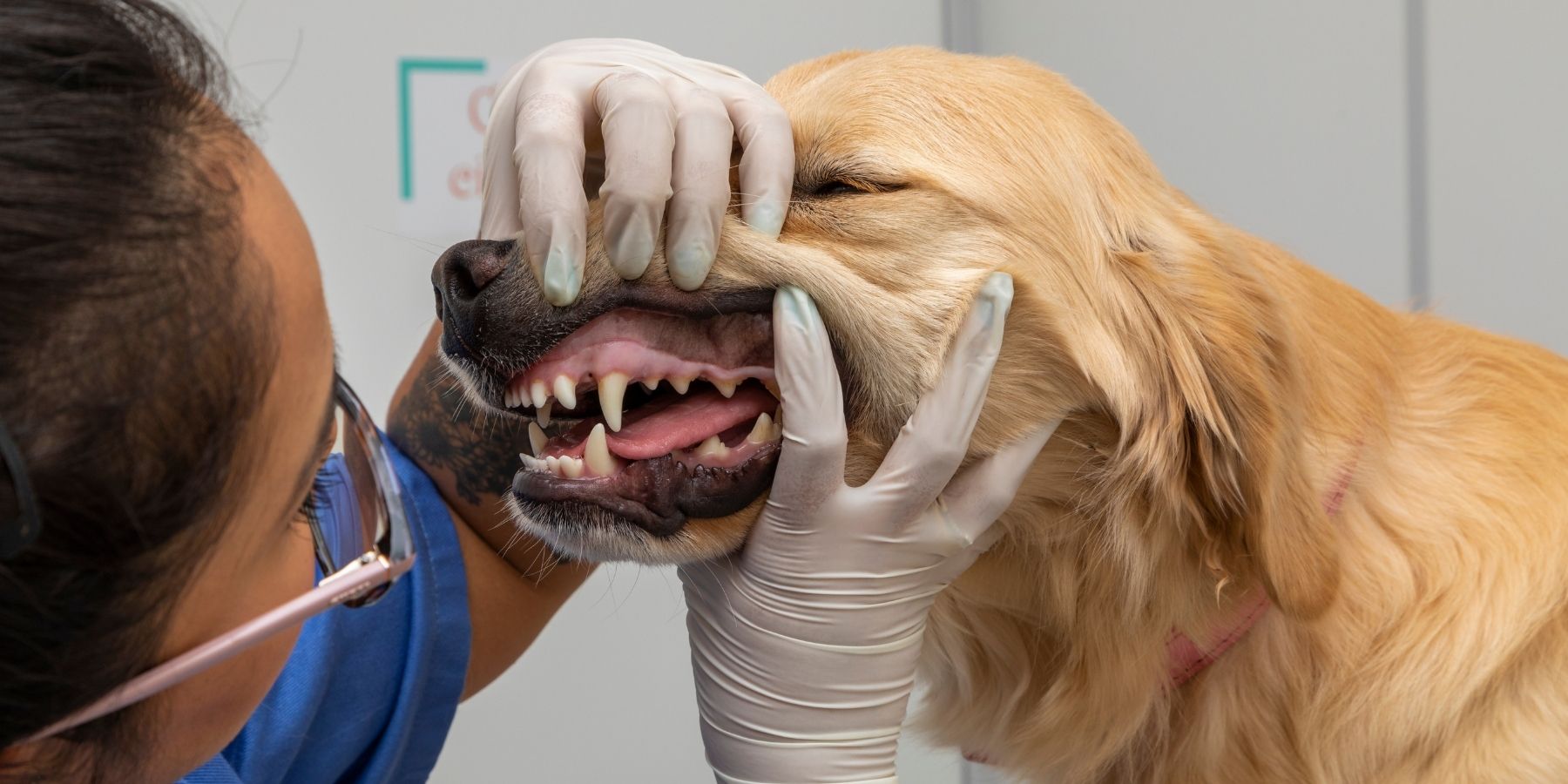Taking your dog for regular dental check-ups is vital for their overall health. Dental problems can lead to more serious health issues if left untreated. In this guide, we’ll explore what to expect during a dog dental check-up and how it helps in preventing the risk of dog teeth rot.
Before the Check-Up
Before your visit, it’s important to observe your dog’s oral health. Look for signs like bad breath, reluctance to eat hard foods, or any discomfort while chewing. Also, try to get your dog accustomed to having their mouth and teeth touched. This can make the check-up process smoother.
Arrival and Initial Assessment
Once you arrive at the clinic, your veterinarian will likely start with a general health assessment. This includes checking your dog’s weight, temperature, and overall condition. The vet might also ask about your dog’s diet, behavior, and oral hygiene routine.
Oral Examination
The primary focus will be on your dog’s mouth. The vet will examine the teeth and gums for signs of plaque build-up, tartar, inflammation, or dog teeth rot. They will check for any loose teeth, discoloration, or signs of infection.
Cleaning Procedure
Depending on the condition of your dog’s teeth, a cleaning might be recommended. This usually involves scaling to remove plaque and tartar, followed by polishing. In some cases, this may require anesthesia, especially if there’s a need for more intensive treatment.
X-Rays
If the vet suspects any underlying issues, they may suggest dental X-rays. This helps in detecting problems beneath the gum line, like jawbone issues or impacted teeth, which are not visible during a normal examination.
Post-Check-Up Care
After the examination and any procedures, your vet will discuss a dental care routine for your dog. This may include recommendations for brushing your dog’s teeth, dental chews, and specific diets to maintain oral health.
FAQs
How often should I take my dog for a dental check-up?
Ideally, once a year, but follow your vet's advice based on your dog’s specific needs.
Can dental issues affect my dog’s overall health?
Yes, poor dental health can lead to serious health issues, including heart, liver, and kidney problems.
Is anesthesia safe for dental procedures?
Anesthesia is generally safe for dogs. Your vet will assess your dog’s health beforehand.
How can I maintain my dog’s dental health at home?
Regular brushing, dental treats, and a proper diet can significantly reduce the risk of dog teeth rot.
Are there any signs of dental problems I should watch for?
Look out for bad breath, difficulty eating, swollen gums, and changes in behavior.
Regular dental check-ups are an essential part of your dog’s health care routine. By being proactive, you can help ensure your furry friend stays happy, healthy, and pain-free.


